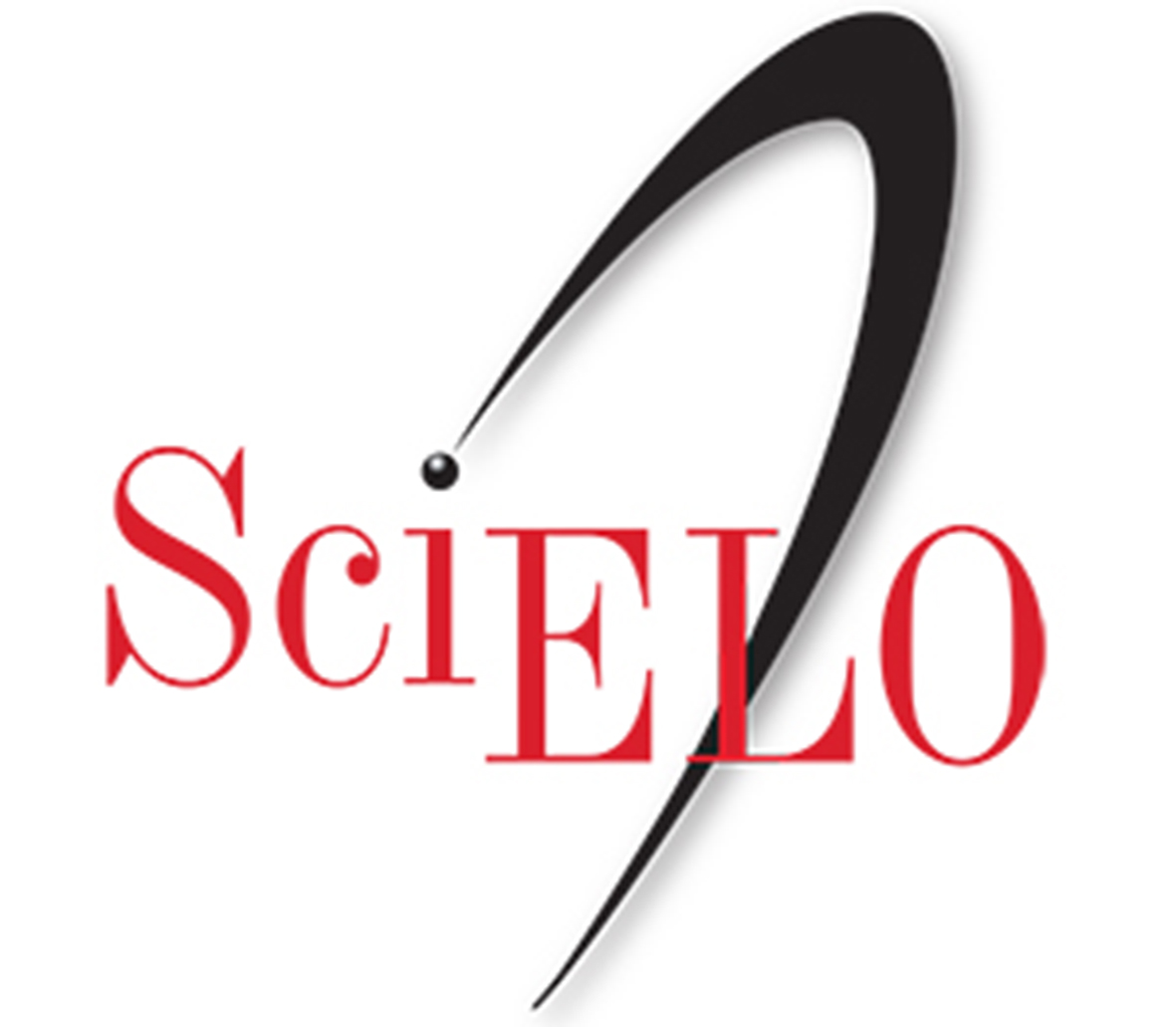MODERN HOTEL, A HOSTING MACHINE
Abstract
This paper aims to produce a theoretical essay about the modern hotel from a historical and critical perspective, seeking to broaden knowledge about the mutation of this architectural typology in the context of the development of mass tourism, hypothesizing that hotels are "lodging machines". This is a conceptual discussion aimed at fostering and subsidizing the debate on hotels built between the late 1940s and the 1970s, in the context of the Modern Movement. To this end, he recalls the semantic and typological antecedents of the hotel and discusses how the social practices of mass tourism and the role of the state were reflected and reproduced in the mechanisms of modern hotels. Then, it presents aspects relating to the formal and functional typologies that support the idea that the modern hotel is a lodging machine, emphasizing some characteristics that express its architectural modernity. Finally, it highlights the historical and heritage relevance of modern hotels and the importance of documentation for intervention and conservation of this collection as material witnesses of modern architecture and mass tourism.
Keywords: Hotel, Lodging Establishments, Modern Architecture, Mass Tourism, Architectural Typology.
References
BAUDRILLARD, Jean. A sociedade do consumo. Lisboa: Edições 70, 2008.
BEYER, Elke; ZIGANEL, Michael Zinganel; HAGEMANN Anke (eds.). Holidays after the Fall. Seaside Architecture and Urbanism in Bulgaria and Croatia. Berlin: Jovis, 256 p. + 25 colour plates, 2013.
CANDILIS, G. Arquitectura y urbanismo del turismo de masas. Barcelona: Editorial Gustavo Gili, 1973.
Carbone, Cristina. Journal of the Society of Architectural Historians, vol. 61, no. 3, 2002, pp. 416–17. JSTOR, https://doi.org/10.2307/991800. Accessed 9 Feb. 2024.
CRUZ, Rita de Cássia Ariza da. Introdução à geografia do turismo. 2. ed. São Paulo: Roca, 2001. v. 1. 107p.
DANTAS, E. W. C.. La maritimité sous les Tropiques : les contributions d’une étude réalisée à Fortaleza (Ceará). CONFINS (PARIS), p. 1-20, 2014.
DENBY, E. Grand Hotels: Reality and Illusion. London: Reaktion Books, 1998.
FERNANDES, Aurora; MOZAS, Javier; ARPA, Javier. This is Hybrid: An analysis of mixed-use building by a+t. Vitoria-Gasteiz: a+t architecture publishers, 2011.
GADY, A. Les Hôtels particuliers de Paris, du Moyen Âge à la Belle Époque. Paris: Éditions Parigramme, 2011.
JAMES, K. et al. The hotel in history: evolving perspectives. Journal of Tourism History, 9:1, 2017. 92-111.
LEÃO, S. Hotel: origens e formas atuais. Caso de Florianópoilis / SC. 2015. Dissertação (Mestrado em Arquitetura) — PROPAR, Universidade Federal do Rio Grande do Sul, Porto Alegre, 1995.
LE CORBUSIER. Por uma arquitetura. São Paulo, Perspectiva, 2014.
LOBO, Susana. Arquitectura e Turismo: Planos e Projectos. As Cenografias do Lazer na Costa Portuguesa, da 1ª República à Democracia. Faculty of Sciences and Technology, University of Coimbra, 2013.
MAUDLIN, Daniel. History, Heritage and the Inn in the British Atlantic World'. In: 'The Hotel in History: Evolving Perspectives', Journal of Heritage Tourism, Vol. 8, 2017, 1-20.
MONTANER, J. M., Depois do movimento moderno: arquitetura da segunda metade do século XX. Barcelona: Gustavo Gilli, 2001.
MORALES, E. Génesis del hotel turístico. In: PIE, R.; ROSA, C. (ed). Turismo líquido. Universidad de Málaga y ETSA Málaga, 2013, p. 108-121.
MONTANER, Josep Maria. A modernidade superada. Ensaios sobre a arquitetura contemporânea. 1ª Edição, Barcelona, Gustavo Gili, 2013.
MULLINS, Patrick. Tourism urbanization. International Journal of Urban and Regional Research. (1593): 326-42, 1991.
MUMFORD, L. A cidade na história: suas origens, transformações e perspectivas. São Paulo: Martins Fontes, 1998.
PAIVA, Ricardo Alexandre. O hotel na modernidade: metamorfoses de uma tipologia arquitetônica híbrida | The hotel in modernity: metamorphoses of a hybrid architectural typology. Oculum Ensaios, [S. l.], v. 19, 2021. DOI: 10.24220/2318-0919v19e2022a4889. Disponível em: https://periodicos.puc-campinas.edu.br/oculum/article/view/4889. Acesso em: 8 fev. 2024.
PAIVA, Ricardo Alexandre. Turismo 4.0 e consumo: a sinergia entre os deslocamentos reais e os virtuais. In: Heliana Comin Vargas; Ricardo Alexandre Paiva. (Org.). Terciário, Arquitetura e Cidade na Era Digital: permanências e transformações. Fortaleza: SEBRAE/ Expressão Gráfica e Editora, 2021, v. 1, p. 37-57.
PEVSNER, N. A. History of Building Types. Princeton: Princeton University Press, 1976.
ROSSI, Aldo. A arquitetura da cidade. 2ª edição, São Paulo: WMF Martins Fontes, 2001.
URRY, John. O Olhar do turista: lazer e viagem nas sociedades contemporâneas. São Paulo: Studio Nobel, SESC, 2001.
VARGAS, Heliana Comin. Turismo Urbano: Uma Nova Indústria Motriz. Boletim de Turismo e Administração Hoteleira. Faculdade Ibero Americana, São Paulo, v5, n2, p38-46, 1996.
VARGAS, Heliana Comin. Espaços de consumo e a arquitetura de Morris Lapidus. Arquitextos, São Paulo, ano 19, n. 224.02, Vitruvius, jan. 2019
WHARTON, Annabel Jane. Building the Cold War: Hilton International hotels and modern architecture, Chicago: Univ. of Chicago Press, 2001.
Authors who publish in this journal agree to the following terms:
- Authors retain the copyright and grant MERCATOR the right of first publication, with the work simultaneously licensed under the Creative Commons Attribution License, which allows the sharing of the work with recognition of the authorship of the work and initial publication in this journal.
- Authors are authorized to sign additional contracts separately, for non-exclusive distribution of the version of the work published in this journal (e.g., publish in an institutional repository or as a book chapter), with acknowledgment of authorship and initial publication in this journal.
- Authors are allowed and encouraged to publish and distribute their work online (e.g., in institutional repositories or on their personal page) at any point before or during the editorial process, as this can generate productive changes as well as increase the impact and citation of the published work (see The Effect of Free Access).
- Authors are responsible for the content of the manuscript published in the journal.






